Soil
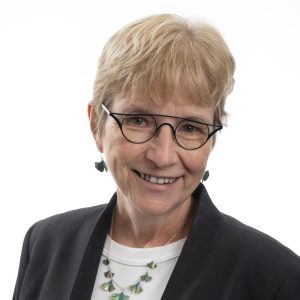
April 5, 2021
Heike Buecking
Plants are metaorganisms that engage in intimate associations with a wide diversity of microorganisms. Many of these microorganisms are beneficial and help plants to overcome a variety of abiotic and biotic stresses. In our research, we focus particularly on arbuscular mycorrhizal (AM) fungi and nitrogen fixing rhizobia bacteria. AM fungi played a significant role during land plant evolution and form close interactions with the roots of 70% of land plants, including many agronomically important species, such as corn, soybean, or wheat. AM fungi increase the nutrient acquisition of for example phosphate, nitrogen, sulfur, and potassium from the soil, and improve…
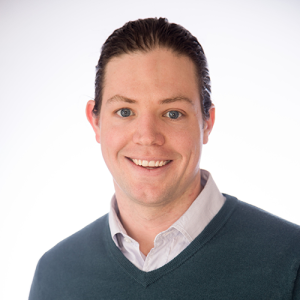
June 5, 2020
Morgan P. Davis
Davis’ research is centered around soil biogeochemistry in the context of ecological sustainability. The objective of his research is investigating nutrient and energy cycles in both managed and natural ecosystems. This work provides insights for improving sustainability and contributes to foundational biogeochemistry knowledge. He is particularly interested in nitrogen and carbon transformations in forested and agronomic ecosystems. Specific research interests include the following: soil greenhouse gas emissions, soil health, soil organic matter, cover crops, tillage management, nitrate leaching, microbial communities, denitrification, indirect nitrous oxide emissions, and riparian buffers. Educational background Ph.D., Iowa State University, 2018 M.S., University of Illinois Urbana-Champaign,…
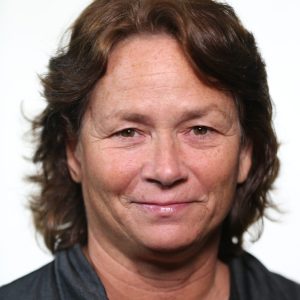
Feb. 27, 2018
Kerry Clark
Kerry Clark was a soybean breeder from 1993-2012 and continues to work on the Feed the Future Soybean Innovation Lab, which is trying to improve soybean yields and production across sub-Saharan Africa. She runs a mechanization development and fabrication training team that includes three equipment designers from Ghana. This team has trained over 200 manufacturers in 12 African countries and has helped build service provision businesses so that small-holder farmers can have access to modern farming methods. Clark is also part of a multi-state collaboration working to improve available cover crop varieties for U.S. farmers. She teaches soil pedology, genesis,…
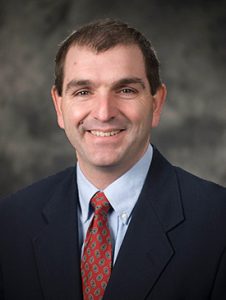
Jan. 10, 2018
Kelly Nelson
Educational background Ph.D. Crop and Soil Sciences, Michigan State University…
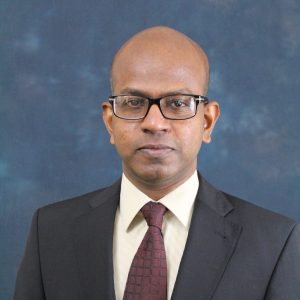
Nov. 14, 2017
Noel R. Aloysius
Noel Aloysius’ research and teaching focus on terrestrial hydrology, watershed biophysical processes and environmental informatics. Noel’s research group investigates how climate and weather, landscapes and land management drive precipitation-runoff processes and fate and transport of pollution at field-, watershed- and continental-scale river basins. His group utilizes field observations, long-term hydro-climate data, numerical and statistical models to examine the movement of water, solutes and sediments in response to environmental change and human management. Noel is a member of the Gulf Hypoxia Task Force SERA-46 research group representing the University of Missouri. The SERA-46 group is a consortium of twelve Land Grant…
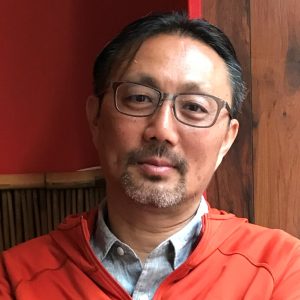
Nov. 3, 2017
Chung-Ho Lin
Lin is the lead scientist for the bioremediation, natural products and bioanalytical programs at the Center for Agroforestry at University of Missouri. His primary research involves the use of plants, microbes and engineered enzymes for bioremediation, ecological restoration, and development of bioeconomy. His bioremediation research focuses on bioremediation of organic pollutants and human pathogens. Since the COVID19 pandemic in 2020, Dr. Lin has successfully redirected the analytical resources and led his research team joining the task force ‘Coronavirus Sewershed Surveillance Project’ sponsored by the state and federal agencies to provide an early warning and capture the emergence of the…
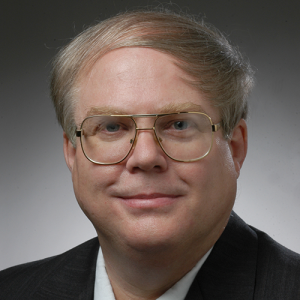
Oct. 27, 2017
Stephen H. Anderson
Educational background Ph.D., North Carolina State University, 1985 Courses taught Environmental Science/Civil Engineering 3250: Pollutant Fate and Transport Environmental Science/Soil Science 4305/7305: Environmental Soil Physics Environmental Science/Soil Science 4306/7306: Environmental Soil Physics Laboratory Environmental Science/Natural Resources 4320/7320: Hydrologic and Water Quality Modeling Biological Engineering 4350/7350/Civil Engineering 4720/7720: Watershed Modeling Using GIS Biological Engineering 8250: Water Management Theory Environmental Science/Soil Science 8400: Transport in the Vadose Zone Plant Science 4355/7355: Advanced Turfgrass Management…
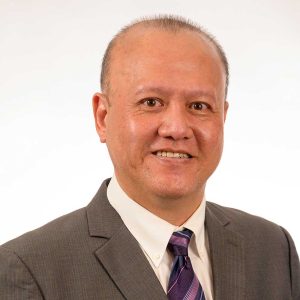
July 7, 2017
Teng Teeh Lim
Teng Lim develops and assesses practical management and mitigations for agricultural waste management and environmental issues. Emphases include improvement of nutrient management and treatment; air quality including emission evaluation and modeling; and odor mitigation and odor setback distances. Collaborate to develop extension materials, interact with producers and agricultural businesses, and conduct internationally recognized research and extension programs. Educational background Ph.D., Agricultural and Biological Engineering, Purdue University…
- « Previous
- 1
- 2